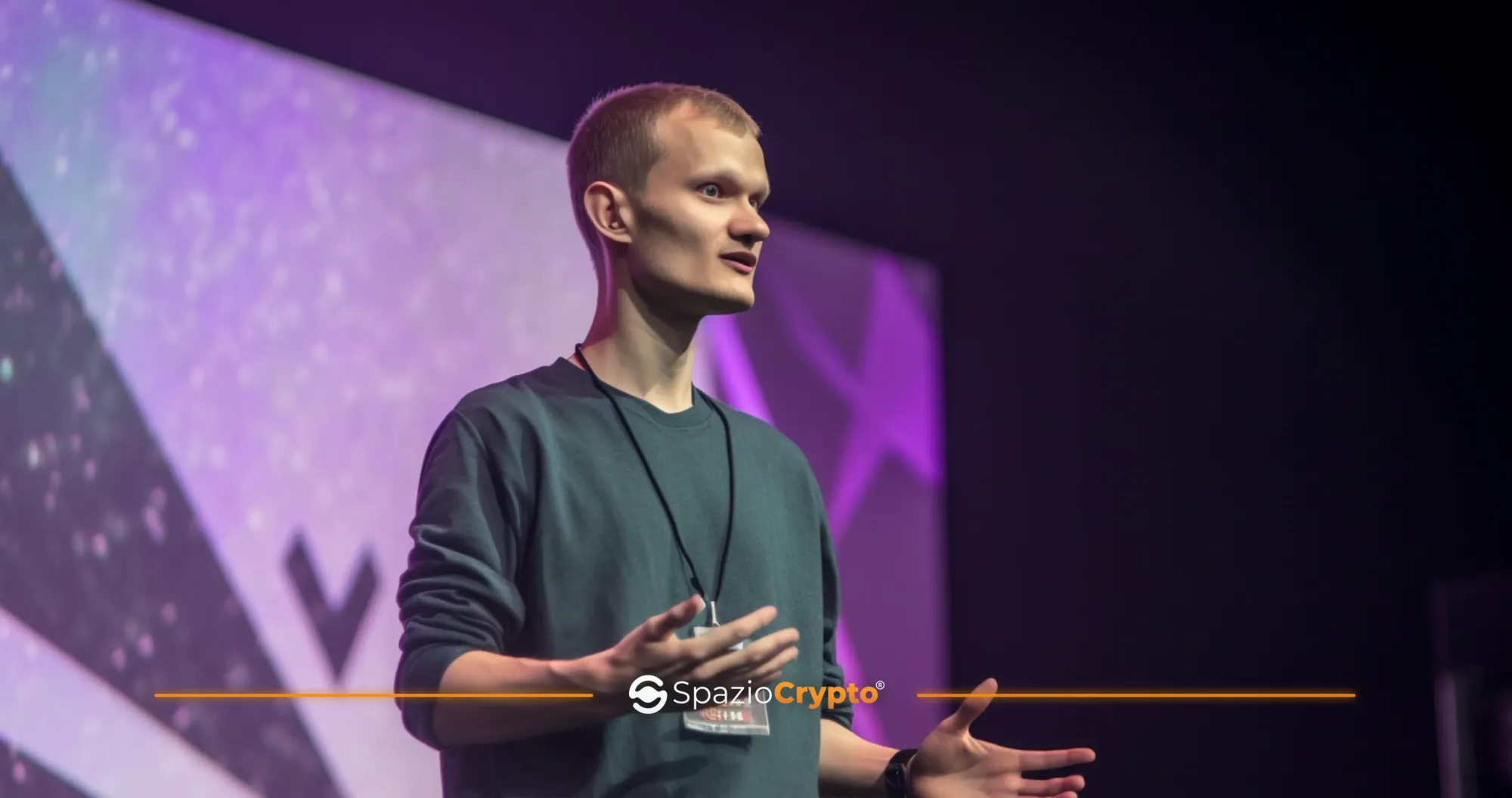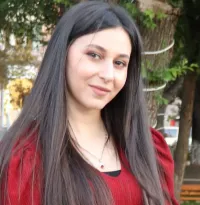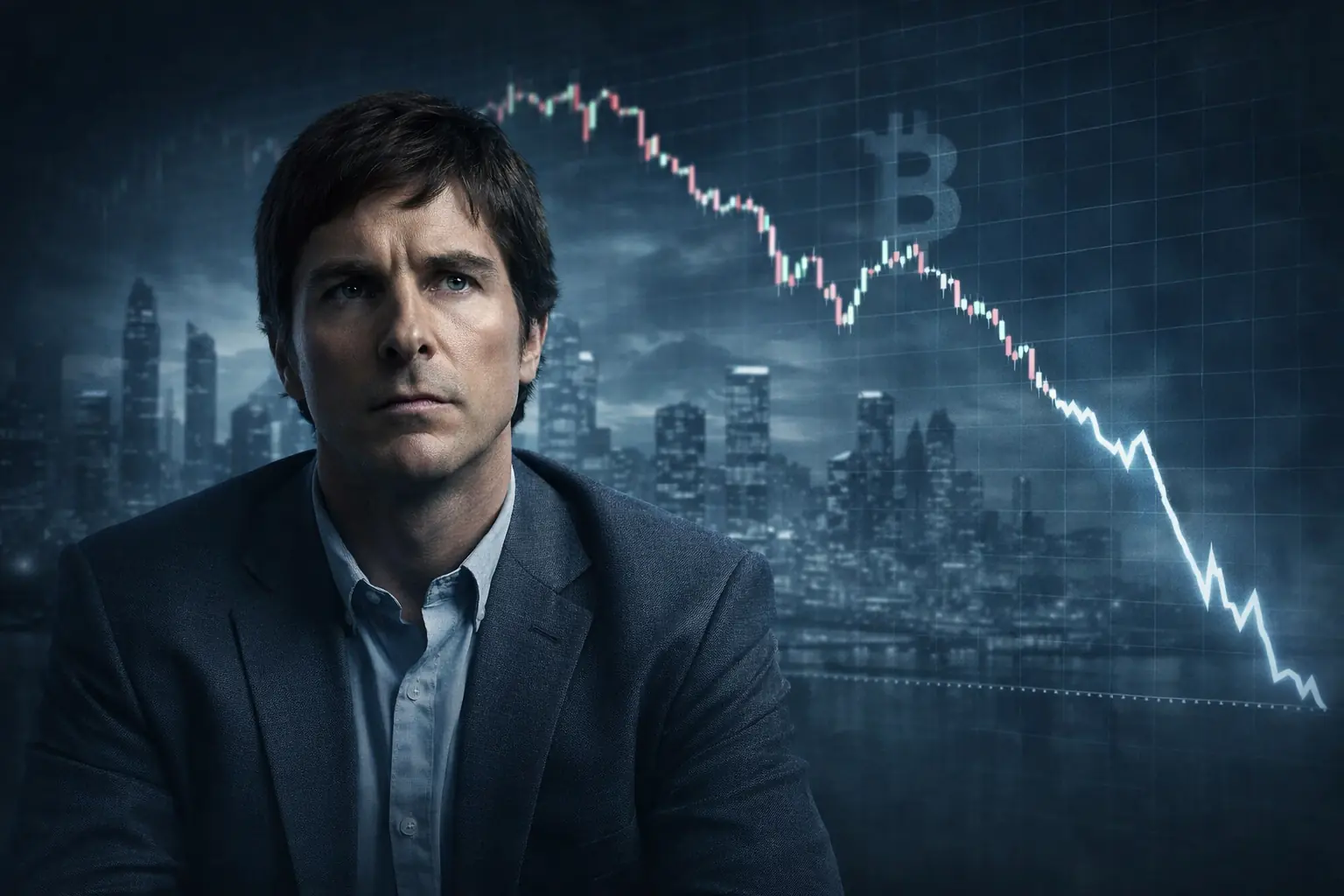In fact, the 'second foundation' of the Ethereum Foundation (EF) has not yet been created. This was stated by the founder of Lido Konstantin Lomashuk in response to community speculation.
🚨 BREAKING: Konstantin Lomashuk, founder of Lido and P2P. org, creates a "Second Foundation" for Ethereum. pic.twitter.com/sS7kn7QCbl
- Cointelegraph (@Cointelegraph) January 22, 2025
X
The attention of participants in the ecosystem was drawn to the entrepreneur's mention of the Second Foundation's only X account tweet.
"If a second foundation is ever established, it must have a clear purpose that complements the enormous work of the current developers. I appreciate everyone's support and believe that there is a need for more organisations to contribute to Ethereum. I will continue to reflect on this based on the results of communication with those who have contacted me," the entrepreneur wrote.
Some media outlets have thought that Lomashuk is behind the creation of an alternative to EF, since he has clearly shown interest in such ideas on social networks.
According to The Block, the Lido founder confirmed in a closed Discord chat that he has nothing to do with the project.
"This is fake news. I have not created any foundation. This is just a Twitter account and it's not the real Second Foundation yet," he said according to the publication.
Austin Campbell of Columbia Business School noted that the discussion about the idea itself reflects the community's lack of trust in EF.
"Basically, it's a mutiny," commented the founder of the DeFi project, who wished to remain anonymous.
The Changes Are Inevitable
On 18 January, Ethereum co-founder Vitalik Buterin, in response to mounting criticism of the Ethereum Foundation (EF), announced "significant changes" in the management of the non-profit organisation. He also described the structure's objectives, which were largely in response to the criticism raised.
Part of the community interpreted this announcement as a reference to the resignation of the EF's current CEO, Aya Miyaguchi. Calls for continued pressure to replace her emerged on social media. However, Buterin said he does not accept this kind of policy.
"If you 'continue the pressure', you create an actively toxic environment for top talent. Some of Ethereum's top developers recently expressed their disgust with this atmosphere on social media in a correspondence with me. 'You are making my job more difficult and reducing the chances that I will have an interest in doing what you want,'" he wrote.
Previously, Ethereum co-founder and ConsenSys CEO, Joseph Lubin, had supported the idea, popular in the community, of appointing former researcher Danny Ryan as head of EF. He also proposed Jerome de Tiché, president of Ethereum France, as co-head.
Lead developer Eric Conner spoke in favour of Ryan. After Buterin's thread, the programmer, who had worked in the ecosystem for 11 years, announced his farewell to the project. The phrase "former ETH maximalist" appeared in his account description on X.
Ryan urged the community to "fight their battles with respect and reason." He pointed out that some of the debate regarding EF's activities "has become counterproductive." In his view, the organisation is entering a new era, but the evolution does not include a complete abandonment of the "previous strategy and philosophy."
Just to fill you in: I left the EF last year due to health issues and in an attempt to clear my head after working my ass off exclusively at the EF and on Ethereum for seven years.
- dannyryan (@dannyryan) January 21, 2025
I stepped aside, and the EF and the broader Ethereum ecosystem moved on without missing a beat-new...
X
"I started a dialogue with Vitalik and other EF members about these changes and the possibility of being involved in the process. These discussions began long before this week and are still ongoing," Ryan said.
The Support for Alternatives to the EF is Expanding
According to a well-known NFT investor with the nickname DCinvestor, no reform of the Ethereum Foundation (EF) is possible as long as Buterin "sits on the throne." He has proposed reducing the organisation's role and transferring research functions to more competent structures.
The creator of Uniswap, Hayden Adams, has spoken out in favour of separating the direction of Ethereum's technical development. EF, ConsenSys and other ecosystem-related projects could finance a 'second fund,' the entrepreneur believes. The decentralised exchange platform he heads has a $6 billion treasury.
Amanda Cassatt, founder of Serotonin and former ConsenSys employee, pointed out that Ethereum needs a "marketing engine," something EF has never done.
I can confirm @Consensys used to be the marketing engine for Ethereum and then stopped doing that.
- amanda.eth (@amandacassatt) January 21, 2025
Something should take its place and not the EF.
X
David Phelps, co-founder of JokeRace, confirmed in a comment to The Block that it is extremely important to work with professionals in this field. If the new structure will deal with marketing, it will be a "win-win for the community," the expert added.
"Protocols should have more funds with different specialisations, thus supporting decentralisation," said Leighton Cusack, founder of PoolTogether.
At the same time, Cusack believes that the second largest cryptocurrency by market capitalisation has benefited from EF's passive position. The fund, in fact, managed to largely escape the attention of regulators, which helped Ethereum avoid security status, he said.
"It was the perfect organisation for a hostile regulatory environment. Based in Switzerland, completely off the radar. ETFs on Ethereum wouldn't have become a reality if it had been more active," the expert said.
Remindful that, before resigning on 20 January, former SEC chairman Gary Gensler had stated that the agency had never called Bitcoin and Ethereum securities.









